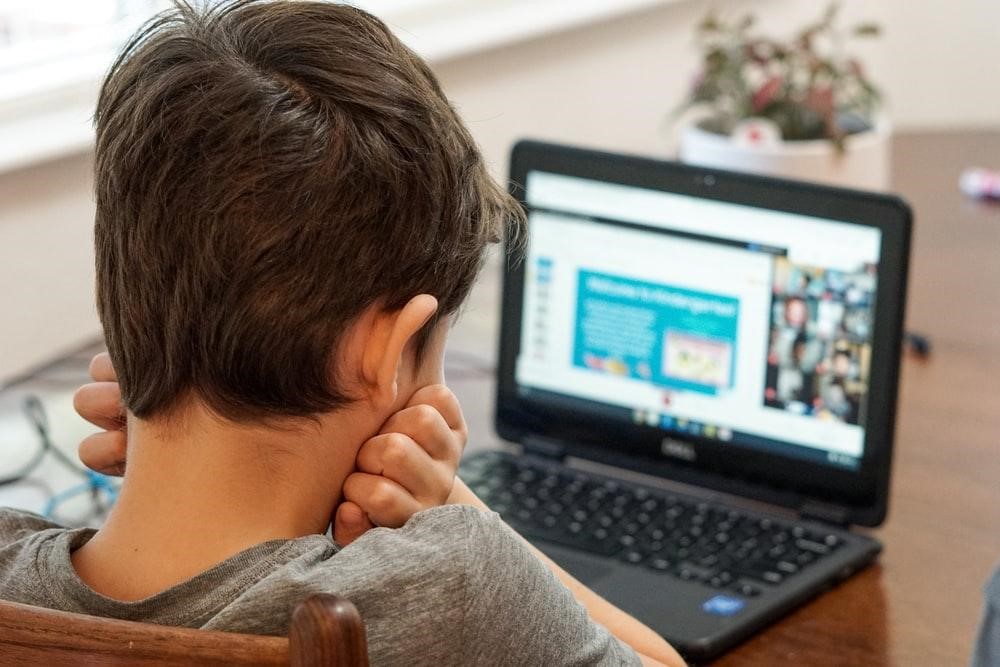How Early Should Your Children Learn a New Language?

Learning a new language is challenging and requires extensive study and a lot of attention to detail. No matter your age, learning a new language is a good idea, as it has a lot of benefits. However, it is easier for your children to pick up a new language early as their brain is still developing. As they age, it gets harder to learn any skill, including a second language.
So, if you’re wondering when to start a language course for your child, here’s a complete guide.
The Perfect Age to Start
There’s no conclusive evidence which states that any particular age is perfect to learn a new language. However, researchers agree that it’s easier for children to learn a new language than adults as 50% of our capability to learn is developed by the time we turn three and another 30% by 8.
According to Dr Paul, a neurology professor at UCLA, the brain systems responsible for our language skills have an unprecedented growth from the age of 6 till puberty. Another study by MIT concluded that the best time for learning a new language and native fluency was by age 10.
As you can see, there’s no specific age that is the best to pick up a language. The important part is to teach the habit of learning a new language to your child early in their lives.
Benefits of Early Language Learning
There are several benefits of learning a language early on in life. First, it will enhance your child’s creative powers and open their minds to seeing the world differently. As a child’s brain develops, it will be easier for them to learn the pronunciation of the new language, enabling them to communicate efficiently. Furthermore, the ability to speak two languages helps in a child’s cognitive development.
With time, you will see your child improve academically. Learning a new language helps improve our memorization capabilities that will help your child ace their exams.
Don’t believe the internet experts who say that learning a new language is the reason for cognitive deficiencies, speech delay, or language confusion in children. This cannot be further from the truth. Researchers at Cornell Language Acquisition Lab found that bilingual children seem to be better in reading, writing, and mathematics than monolingual children.
As your child grows up with the knowledge of a second language, they will be more receptive to different cultures, making them socially astute. Communicating in different languages will open various career opportunities that might not be available for monolinguals.

Where to Find Language Classes for Children
Learning a new language can bring numerous benefits to your children. However, it can be hard to find reliable linguistic service providers with tailor-made language courses for children.
If you want your child to learn Hebrew as a second language, then Ulpan-Or can help you.
Your child can learn Hebrew online with Israeli teachers, who are experts in the language. Our Hebrew digital courses are designed to suit every individual. Our intensive courses are created in such a way that will make your child’s language learning journey fun and exciting.
We also offer programs for prospective immigrants to learn Hebrew for seamless immersion into Israeli culture. Contact us today for more information.



